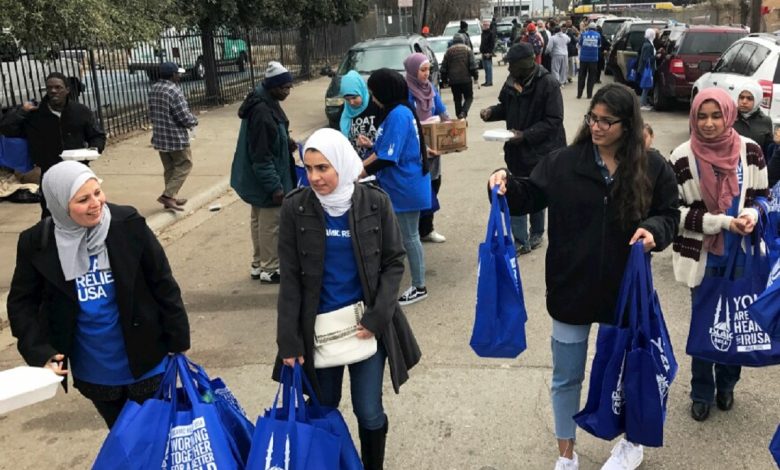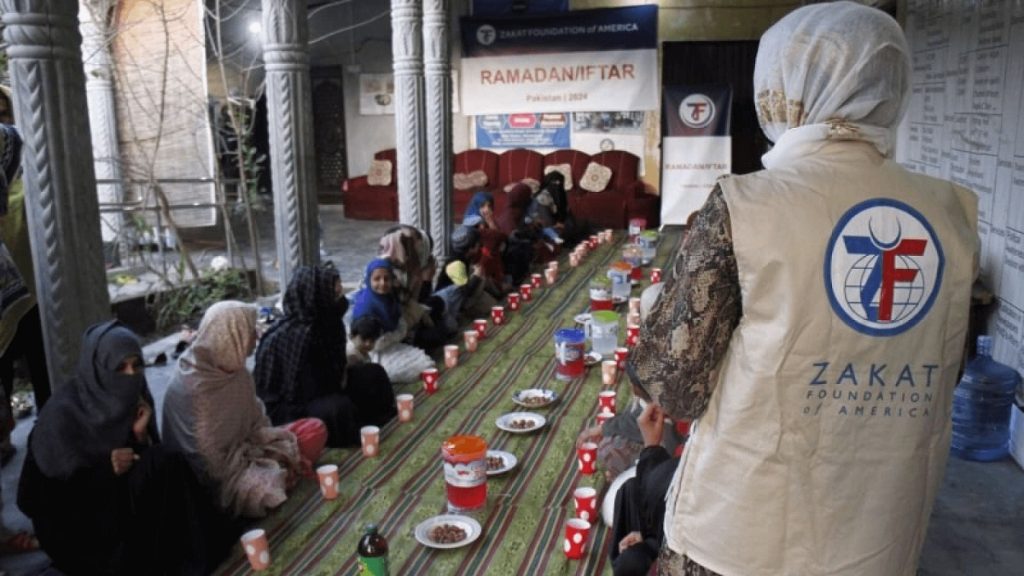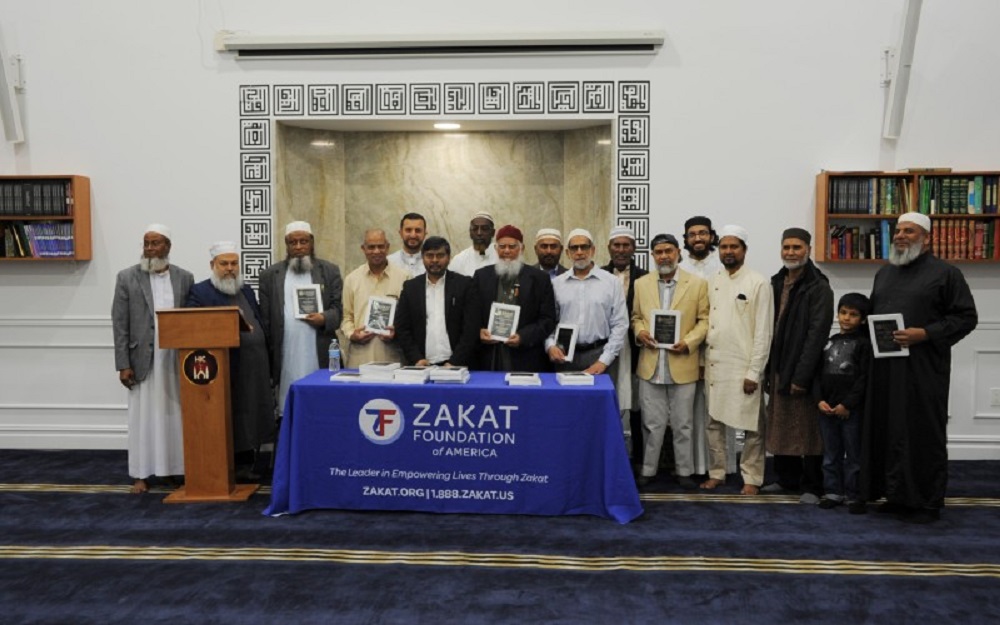Zakat in the USA: How Muslim and Arab Communities Support Muslims and Non-Muslims
Exploring how zakat helps families, students, and communities across the U.S., strengthening Muslim identity while serving people of all faiths.

Zakat, one of the Five Pillars of Islam, is not only a religious obligation for Muslims but also a powerful force for community development and social welfare. In the United States, where millions of Muslims and Arab Americans live, zakat plays an increasingly important role in addressing poverty, supporting education, and building solidarity between Muslim and non-Muslim communities alike.
What is Zakat?
In Islam, zakat refers to the obligatory almsgiving of 2.5% of a Muslim’s wealth each year, provided they meet the financial threshold (nisab). Its primary purpose is to redistribute wealth, purify income, and provide for the poor and vulnerable. While it is rooted in religious duty, in practice zakat has become a vital tool for charitable action across the U.S.

Zakat in the U.S. Muslim and Arab Communities
In America, mosques, Islamic centers, and dedicated charities manage zakat collection and distribution. Major Muslim charities such as Islamic Relief USA, Zakat Foundation of America, and ICNA Relief run extensive zakat programs. Arab-American organizations also play an active role, ensuring funds reach both local communities and international humanitarian efforts.
Zakat is often distributed in the following ways:
-
Direct financial aid to struggling families
-
Food assistance programs such as pantries and meal distributions
-
Medical support for uninsured or low-income individuals
-
Scholarships and educational grants for students in need
-
Emergency relief aid during natural disasters or crises
Who Benefits from Zakat in the USA?
Contrary to a common misconception, zakat in the United States is not limited to Muslims. While Muslims are a priority, many organizations extend aid to non-Muslims as well. This is because Islamic teachings emphasize helping those in need regardless of their faith, especially under categories such as the poor, the hungry, and the indebted.
For example:
-
During the COVID-19 pandemic, zakat funds supported food pantries that served thousands of non-Muslim families.
-
Refugee resettlement programs funded by zakat assisted newcomers of diverse backgrounds.
-
Homeless shelters supported by Muslim charities welcome anyone in need.

A Bridge Between Communities
Through zakat, Muslim and Arab communities in the U.S. are actively shaping a culture of compassion and generosity. This charitable practice not only strengthens bonds within the Muslim population but also builds bridges of understanding and goodwill with broader American society.
By opening doors to non-Muslims, zakat demonstrates that Islamic values of justice, mercy, and social responsibility are universal.
The Future of Zakat in America
As the Muslim population in the U.S. continues to grow, so too does the potential of zakat. With better organization, transparency, and collaboration, zakat can play an even larger role in tackling issues such as poverty, homelessness, student debt, and healthcare access.
For Muslim and Arab communities, zakat remains a proud expression of faith. For America at large, it is an increasingly important source of compassion and relief.



